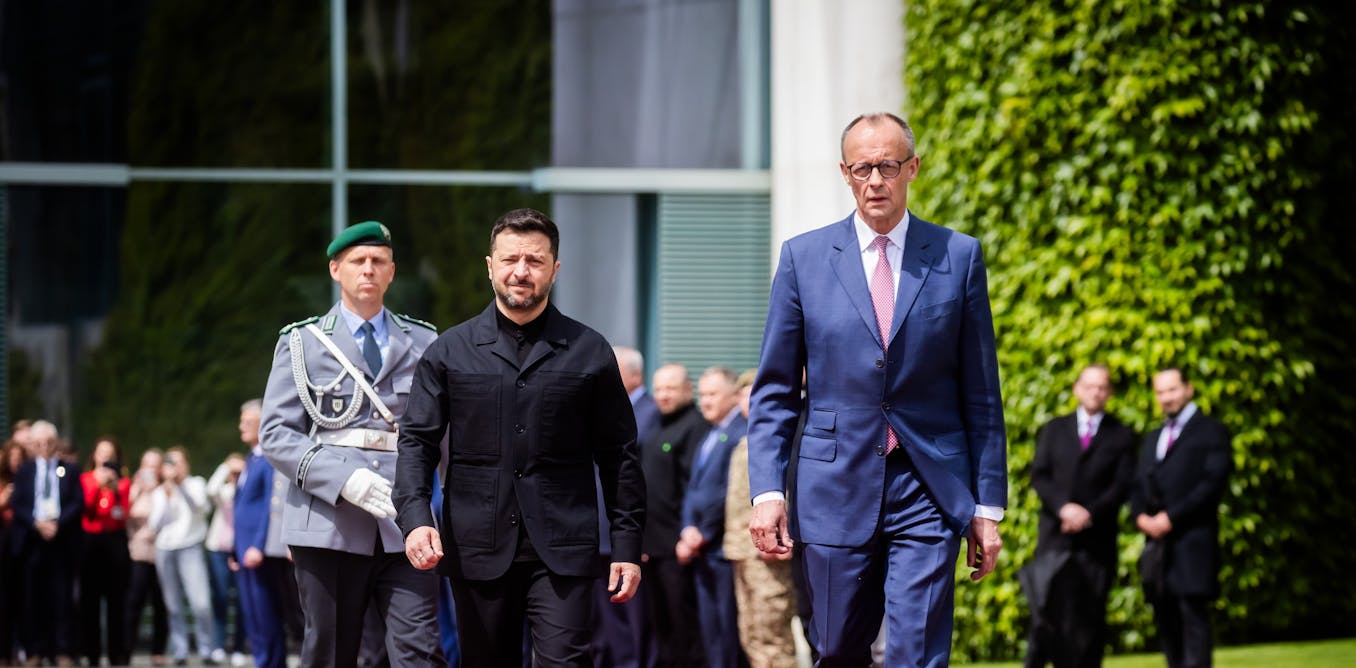Opinionated piece by Stefan Wolff, Professor of International Security, University of Birmingham, UK.
… the EU’s largest and Nato’s second-largest economy, Germany is now also aiming to turn its Bundeswehr (the German army, navy and air force) into the “strongest conventional army in Europe”. Its most senior military officer and chief of defence, Carsten Breuer, has published plans for a rapid and wide-ranging expansion of defence capabilities.
Germany is finally beginning to pull its weight in European defence and security policy. This is absolutely critical to the credibility of the EU in the face of the threat from Russia. Berlin has the financial muscle and the technological and industrial potential to make Europe more of a peer to the US when it comes to defence spending and burden sharing. This will be important to salvage what remains of Nato in light of a highly probable American down-scaling – if not complete abandonment – of its past security commitments to the alliance.
…



Possibly. Issue is the kind of reactors that are typically employed in submarines and on aircraft carriers are not necessarily the ones we want for civilian uses, but the temptation to use the civilian program as a training ground for military stuff is huge, for economic reasons. I think nuclear energy would be far more advanced if it wasn’t shackled to the pressurized water designs.
Yes, that’s what I meant.